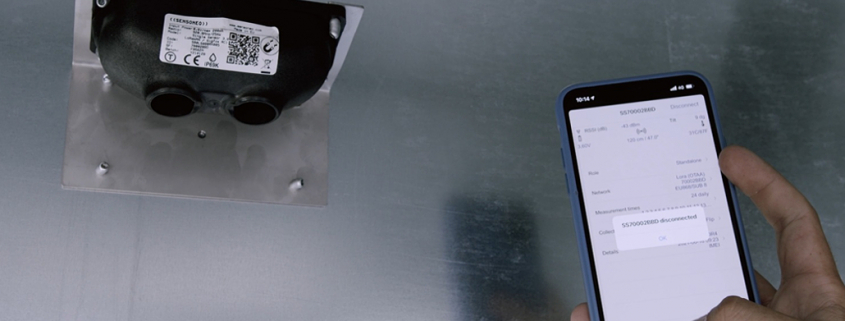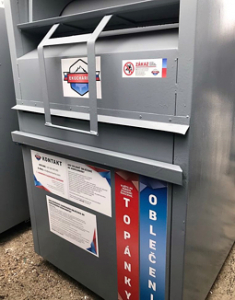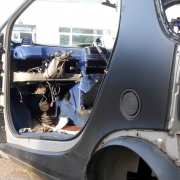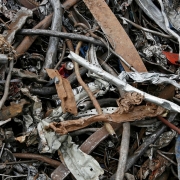Monitoring Sensors Reduce Collection Time and Costs
Ekocharita, a Slovakian textile waste collection company, has revealed the results of a waste monitoring project using sensors from waste management solution provider Sensoneo.
As of January 2021, Ekocharita began installing Sensoneo smart sensors to monitor the fill levels of their containers in real-time. By the end of June this year, they had monitored 600 containers. Thanks to data gained from the sensors, Ekocharita was able to improve the management of their operations significantly as they:
- decreased the time required for the collection of one ton of textile waste by 30 percent,
- reduced the waste collection cost by 20 percent,
- and made the logistics process smoother and better organized.
Textile waste is a stream that is still awaiting legislation for separate collection. According to European law, it should come into practice in 2025. Until then, the system is supported by private companies that manage the collection of discarded clothes and ensure its reuse, recycling, and charity donation.
Ekocharita operates within 16,000 square kilometers and manages 1,300 containers for clothes, shoes, toys and home textiles located mainly in the western part of Slovakia. The containers are usually distributed in busy urban areas. The availability of textile waste containers nearby encourages citizens to sort the clothes properly.
However, the filling cycles of containers for textile waste are not predictable. That makes collecting this waste difficult for operations and logistics and puts high financial and time demands on managers. Real-time online monitoring of fill levels can significantly improve operations and reduce costs, Sensoneo and Ekocharita underlined.
www.sensoneo.com
www.ekocharita.sk
(Published in GLOBAL RECYCLING Magazine 3/2021, Page 25, Photo: Sensoneo)








